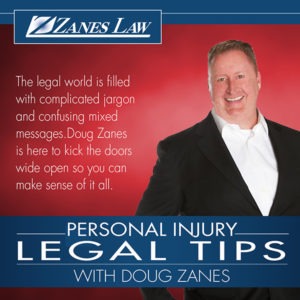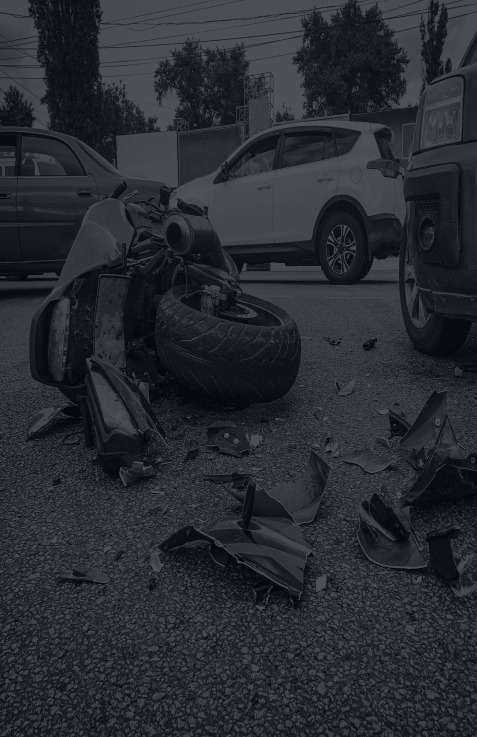Under ideal circumstances, Phoenix police officers uphold the letter of the law. There are circumstances, however, wherein an officer’s training may fail them. In these incidents, innocent people, including you and your loved ones, may suffer injuries due to police negligence.
Even when you’re assured of your lack of fault, bringing a lawsuit against Phoenix police is no easy feat. That’s why it’s important to have a police shooting lawyer in Phoenix prepared to stand with you. We at Zanes Law understand that even police officers are fallible. We’re ready to hold the parties who hurt you accountable for their actions.
Addressing the Responsibilities of Phoenix’s Police Officers
Arizona only permits its police officers to use deadly force in circumstances that require them to:
- Protect themselves from oncoming and quantifiable harm
- Prevent the escape of a quantifiably dangerous individual
- Arrest an individual convicted of a felony or in the process of committing a felony
In all other cases, citizens throughout Arizona are protected by Section 1983 of the Civil Rights Act of 1871 and A.R.S. § 13-410. Section 1983 protects your federal rights to fair treatment. A.R.S. §13-410 elaborates on what Arizona considers to be undue force and can give you the grounds to take a police officer – or, rather, the state – to civil court.
Contending with Qualified Immunity in Arizona
Qualified immunity, as established by A.R.S. § 12-820.02, protects police officers and government officials from some civil suits. That said, qualified immunity doesn’t offer law enforcement blanket protection. Instead, this ruling protects everyone save those representatives who violate the law through incompetence or intentional misconduct.
When you bring a police shooting case to civil court, it’s our job to argue that the harm done to you was either intentional or is indicative of gross incompetence. When paired with a violated duty of care, evidence establishing this claim can help you fight for the compensation you need to recover.
If you have concerns about the ways in which qualified immunity may complicate your case, don’t hesitate to discuss those concerns with Phoenix police shooting attorneys.
Upcoming Legislation and Arizona Police Shooting Cases
As of 2020 and 2021, the U.S. Federal Government expressed interest in passing the Ending Qualified Immunity Act and/or the George Floyd Justice in Policing Act of 2021. Both of these acts look to make it easier for wronged citizens to bring concerns relating to police officers before their state civil and criminal courts.
These bills have yet to move forward through the U.S. Senate but may, at a later date, have an impact on an applicable police shooting case. You can discuss the details of federal legislation’s impact on your suit with our team.
For a free legal consultation with a police shooting lawyer serving Phoenix, call (866) 499-8989
Filing a Claim Against Phoenix Police Officers
Bringing a civil claim against a police officer after an alleged shooting will not see that officer face criminal charges. Instead, civil claims can award you the financial support you need to recover from the incident.
To file a police shooting claim, make sure you have the following information on hand:
- The name and badge number of the officer accused of doing you harm
- The precinct at which that officer works
- Evidence of both your accordance with the law and the undo harm brought against you
- Evidence that establishes an officer or precinct as directly responsible for your reduced quality of life
While your complaint does not have to be comprehensive, there must be enough evidence for a county clerk to justify moving your case forward. When you submit a well-rounded body of evidence, you give yourself more of an opportunity to elaborate on that evidence later down the line.
Note, too, that the party you name liable for your losses in a police shooting may vary. Some precincts extend legal protection to their officers in civil cases. Others may have an officer represent themselves in your case. You can discuss the matter of specific liability during your initial case consultation.
Phoenix Police Shooting Lawyer Near Me (866) 499-8989
Requesting Compensation for Police Brutality and Shooting Damages
The compensation you can request from personal injury wrought by police officers mirrors that which you can request in a standard personal injury case. This means that a Phoenix, AZ, police shooting lawyer can refer to the cost of the following losses when calculating your compensation:
- Essential medical care
- Restorative surgeries
- Mobility aids, medications, and equipment needed to restore your previous quality of life
- Lost wages or opportunities for employment
- Long or short term disability
- Loss of companionship
- Loss of consortium
- Pain and suffering
- Physical therapy
- Counseling or cognitive therapy
- Wrongful death and funeral expenses
You can bring these losses up in your initial complaint as well as in future negotiations or trials. Negotiations may see you have to compromise on some of these losses. Trials, comparatively, will put the decision to reward these losses or not up to a jury. That said, you may also receive punitive damages for losses that seem particularly egregious.
Click to contact our Phoenix Personal Injury Lawyers today
Time Limits for Claims Brought Against Phoenix Police
Traditionally, A.R.S. § 12-542 gives you two years to bring a personal injury, including a bullet wound, up in civil court. However, because a police shooting claim holds either a state employee or institution liable for your losses, your timeline may differ.
A.R.S. § 12-821.01, for example, states that you have 180 days to file a complaint against a public representative. It’s up to you and an attorney to determine if the officer you want to file against a) was on duty at the time of your incident and b) represents the state. We’ll establish this distinction and subsequently fight to submit your claim within the appropriate timeline.
Call or text (866) 499-8989 or complete a
Free Case Evaluation form


















